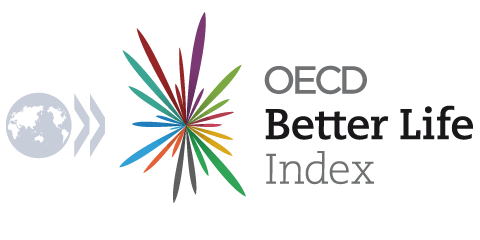The role of data in keeping governments accountable
- The world has achieved parity in primary education between girls and boys
- Significant progress has been made towards achieving universal primary education
- Child survival progress is gaining ‘momentum’
Nonetheless,
- Decreases in maternal mortality are far from the 2015 target
- Hunger remains a global challenge and it is one that severely affects children
Data, as stated by Hilary Rodham Clinton, “not only measures progress, it inspires it. (…) what gets measured gets done”. Measurement is integral to the development of effective policy and the assurance of outcomes. It is there to guide and evaluate progress on agreed priority areas as well as to hold decision makers and leaders accountable.
David McNair of Save the Children stated earlier this year, “Aid alone is not enough, but transparency and accountability are essential”. Gaining clarity around what has been done and what needs to be done through the use of measurement tools lends itself to this statement. The report openly states that it is not an easy task, however one that is crucial for the lives of children and although it is unclear what form the post 2015 agenda will take in regards to children, the tracking of progress is important to make sure it continues and that governments remain key drivers of change.
Hannah Chadwick
Wikichild Coordinator


Comentários